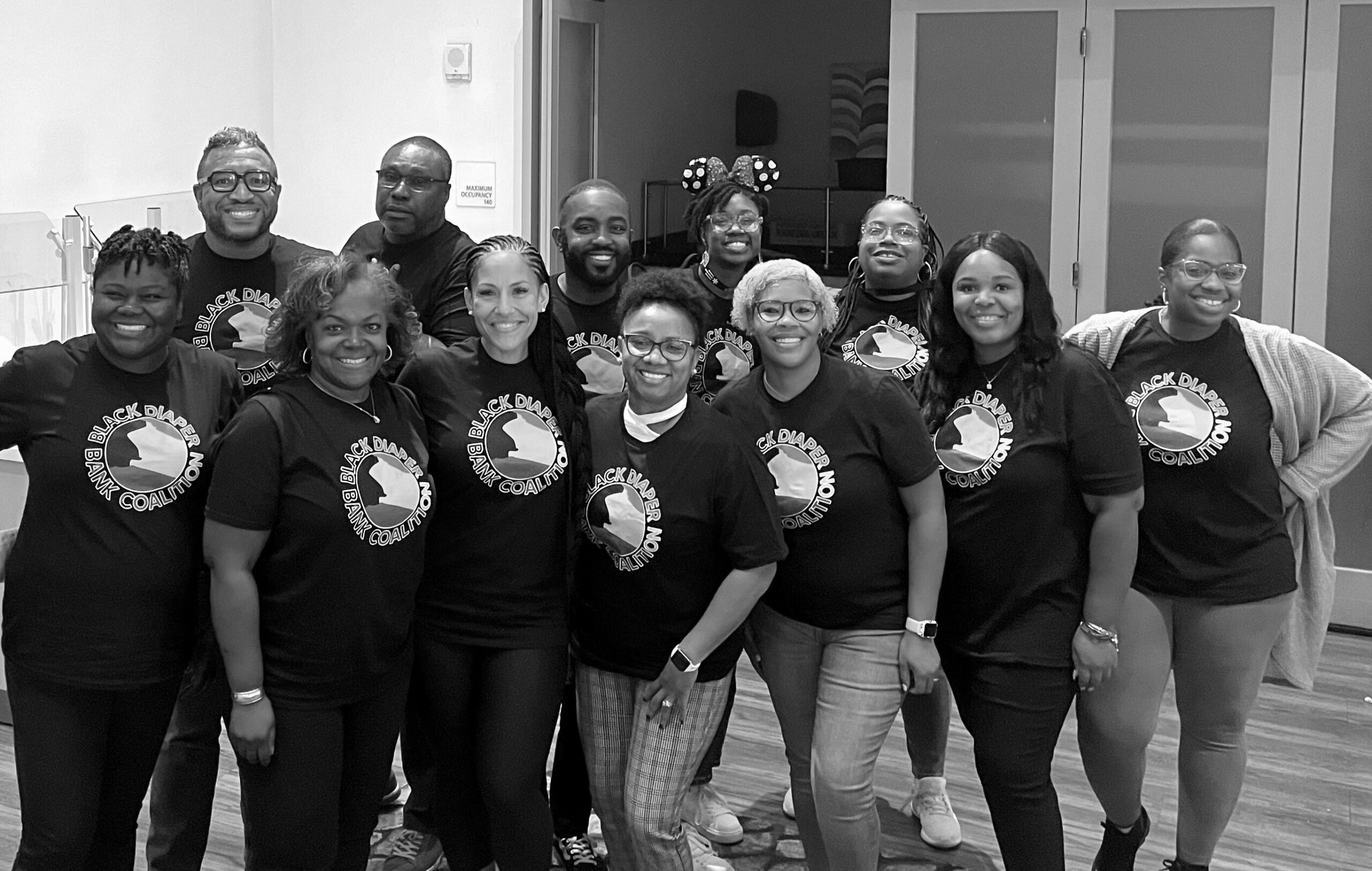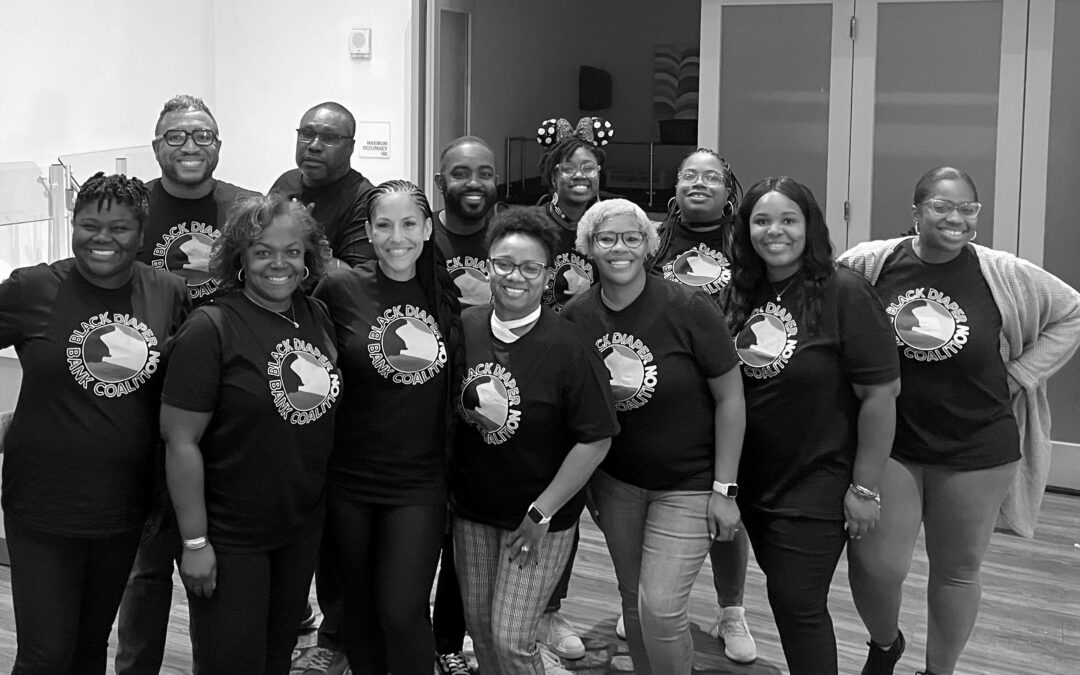By: Callie Crowder, Executive Director of Maker’s Place
Breaking out of the corporate world
When I was employed at one of the oldest public accounting firms in the U.S. the partners and managers I reported to respected the work I did as a CPA. I received great performance reviews and was trusted with important work. What I did not get as a senior associate was assignments on engagements that would lead to promotion into management. Those tended to go to white male associates, who, unlike me, were invited to attend sporting events and social outings with the partners. Mentor relationships developed between younger accountants and the partners, who in my office were all white males. That’s what leaders, and future leaders, looked like in that setting.
Unfortunately, decades later, the same can be said. Though no one said it out loud, there was a path to advancement that was clearly closed to me. When I decided to leave the firm, they threw me a going away party where many of the senior staff gave impromptu speeches praising me to the hilt. Everyone thought I was wonderful. But that was not enough to get me on the fast track to management that my white, male colleagues could access, simply by virtue of who they were.
Finding community in diaper banking
In the nonprofit sector, as in corporate America, race and gender matter. That’s one reason why I am so grateful for the Black Diaper Bank Leaders Coalition (BDBLC), where we can talk about the unspoken out loud, receive invaluable mentorship and support, and simply check in with others who understand. As executive director of The Maker’s Place in Trenton, New Jersey, I participate in other National Diaper Bank Network groups, like the New Jersey Diaper Bank Coalition, where Garden State diaper bankers work together toward common policy goals.
BDBLC feels more like a family, where checking in on each other is the first order of business in a meeting. That does not mean that we’re not tackling serious issues, such as how resources are distributed within the network. But it does mean that we recognize the challenges of operating in a sector where diversity remains aspirational, certainly not actual. A 2017 survey of large nonprofits and foundations found that only 6% of chief executives identified as African-American. Nonprofits led by people of color win less in grant money, with what funding they do get being highly restricted. Organizations led by Black women get less funding than those run by whites or Black men.
In the face of all that, BDBLC members have accomplished so much and are eager to share with others what they’ve learned along the way. Our coalition’s leader, Chelesa Presley of Diaper Bank of the Delta, has driven an expansion of maternal health services despite operating in an area where there’s little access to big-dollar philanthropy.
Chantal Alison-Koteh has done amazing things at Her Village in New York City in a very short time; and she has been endlessly generous in sharing information with me.
Ayanna White was the first person to really impress upon me how important it is to network with other organizations, as she does in South Carolina, where she’s CEO of Power in Changing. That’s just a short list, leaving out many, many amazing leaders.
We meet virtually every month and in person when the opportunity presents, as it does during Lobby Day and the U.S. Conference on Poverty and Basic Needs. We share information, struggles, and also joys. As Black leaders we are uniquely connected to the communities we serve. People of other races can and do of course work for justice in these communities. And certainly our own dedication to service is not focused only on Black families. But there is something powerful in being a Black woman serving Black mothers at a time when we know that they are so badly served by healthcare and other systems.
There is something powerful in being a single Black mother and reaching back to pull up another mother struggling to give her children the life and opportunities to succeed that will hopefully surpass her own.
Called to go back home
My own road back to my hometown, Trenton, is wrapped up in these ideas. Trenton was the last place that I wanted to be when I was living in West Orange, a far more economically prosperous and progressive community. Inside me, however, grew a strong and persistent resolve to go back to Trenton, a resolve that I am 100 percent convinced was put there by God. After completing my degree at Princeton Theological Seminary, I purchased a home in my old neighborhood and took a job at the Maker’s Place where I planned to work based on an asset-based community development model. Diapers weren’t part of the plan, but I quickly saw that diapers were a pathway to connection with the community that I am called to serve.
My friends at the BDBLC understand that getting diapers to families involves an awful lot of prosaic, logistical work – and that it can be a tool of transformation too. We are a tool of transformation for each other, and I am so grateful.


